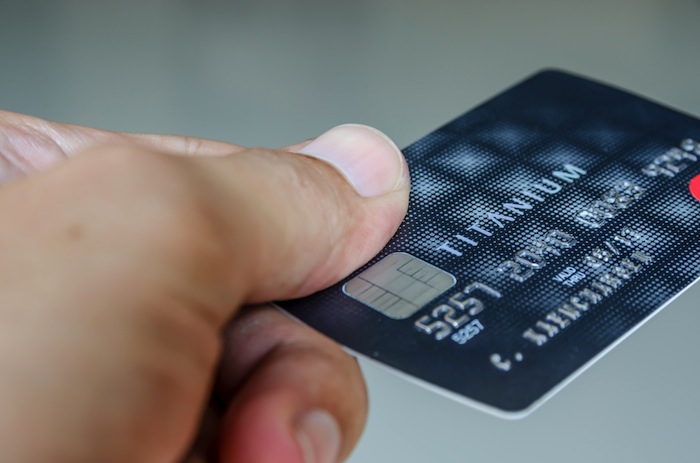
Fears are driven by an intersection of a horrible outcome and the perceived probability of it happening to that person. So when Gallup this month surveyed 1,017 U.S. adults in the U.S. and asked what their greatest fears were, having credit card data stolen by cyberthieves was the top answer. By a lot.
Some 69 percent of those surveyed said they feared credit card data attacks (which is interesting, given that debit card attacks are potentially much more dangerous to consumers), followed closely by 62 percent who said they freaked out about having those same cyberthieves break into their desktop computer or smartphone and stealing private data. A sharp drop to 45 percent is where the next most popular fear—home burglary when no one is home—appeared, followed closely by car stolen/broken into (42 percent).
Then a big drop to 31 percent for “having a school-aged child physically harmed attending school” and for getting mugged (also 31 percent). Right behind that, at 30 percent, was being burglarized while someone is home and then, at 28 percent, terrorism. Being attacked while driving your car came in at 20 percent. Three crimes were then tied at 18 percent: being a hate crime victim, being sexually assaulted and getting murdered. Way down at 7 percent was being assaulted or killed by a co-worker/employee at work.
There’s no way to determine whether those cyber fears are up or down as this is the first year Gallup asked Americans about having credit card information stolen or having a smartphone attacked.
“Upper-income Americans, those whose household incomes are $75,000 or more a year, are more likely than lower-income Americans to worry frequently or occasionally about hacking of their credit card information, 85 percent to 50 percent,” Gallup said. “Americans between the ages of 30 and 64 worry about this more than younger and older Americans do.”